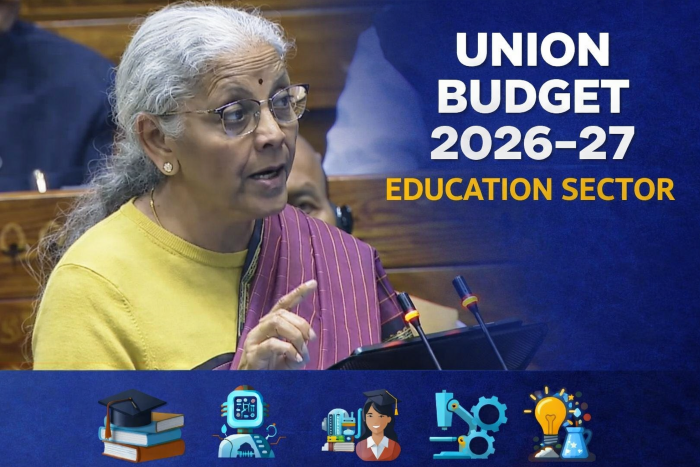
A new EY report, Are universities of the past still the future?, argues that universities in advanced economies are facing a number of existential issues in the wake of the COVID-19 pandemic.
Based on EY analysis about the future of the higher education sector and 29 interviews with university leaders from the US, UK, India, Singapore and Australia, the report finds that universities will quickly need to adapt to a new reality due to demographic shifts, geopolitical challenges, changing workplace demands and high student expectations for a quality digital experience.
If they’re not willing to rethink their purpose and how they deliver value, some of the challenges thrown up by the COVID-19 pandemic could rapidly develop into existential threats. It is time to start asking difficult questions, challenge the status quo and look at the opportunities the pandemic has created to rethink how and where higher education is delivered – and to whom.”
The report, published on the International Day of Education, recommends that universities take a “future-back” approach, looking ahead to 2030 to understand how five bold scenarios could require a radical transformation of their operating models if they are to remain competitive:
- What if the cost of learning is driven down to zero? The advent of widespread digital and distance learning is already radically reimagining the classroom as we know it. Universities must use digital learning experiences to augment what makes them unique and reinvent their learning delivery around that to meet the needs of tomorrow’s students and lifelong learners.
- What if learning journeys are entirely flexible and customizable? The power is shifting rapidly into the hands of the learner. Universities need to recognize this and provide the type of personalized, flexible learning options that students desire.
- What if higher education providers are accountable for results? Universities have lost their monopoly on accreditation, and non-degree, lifelong-learning credentials are becoming mainstream. Universities have to prepare for a world where location or brand reputation is less important to learners than the measurable quality and effectiveness of their teaching and learning outcomes in helping learners reach their individual career and life aspirations.
- What if commercialized research pays for itself? Research is the lifeblood of universities, from deciding rankings to attracting the best minds to producing value for society, but it is costly and is heavily subsidized by tuition fee revenues. Universities could shift to prioritize commercial, demand-driven research, collaborating more closely with industry and capital markets and then working with governments for better funding for non-commercial research of national or international value and significance.
- What if technology could solve the global supply and demand mismatch? Technology is helping those in developing countries to access higher education in new ways, allowing universities to expand their reach exponentially.Western universities looking for new markets have a huge opportunity to partner with in-country providers to roll out sought-after, high-quality education in these growing markets, using technology to do so at scale and a price point that is affordable locally.
Amitabh Jhingan, Partner, EY Parthenon Education Strategy Practice and EY India Education Leader, says:
“Given the impact of the COVID-19 pandemic, the ability to make an effective digital pivot will prove to be a key differentiator for educational institutions. In the ‘new normal’ digital learning and online delivery of education is no longer an option, Education policy and regulations would have to rapidly mainstream digital models of delivery. As the models of educations are expected to become more personalized there is an opportunity for Universities to align with the requirements and needs and aspirations of students to succeed in the jobs of the future.”
Catherine Friday, EY Global Education Leader, says:
“The COVID-19 pandemic exposed how far universities have to go when it comes to finding their place in the future of education and laid bare their over-reliance on on-campus learning and international students in shrinking domestic undergraduate markets. There is no going back to the way things were and technology will continue to change the game across the higher education sector. On this International Day of Education, universities need to start thinking and planning now for how they’re going to address the need for reinvention and fit into the post-secondary and lifelong learning landscape of the future.”






